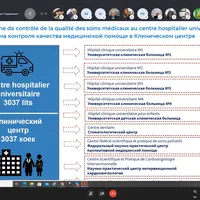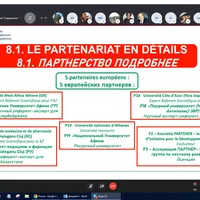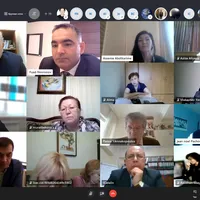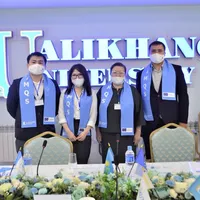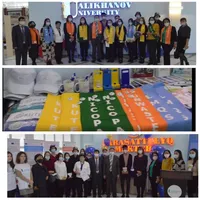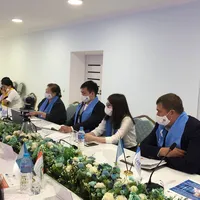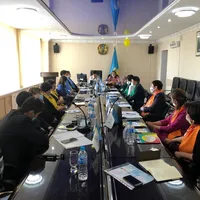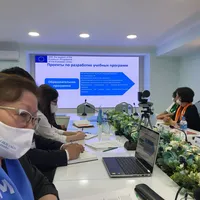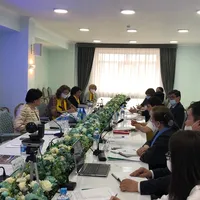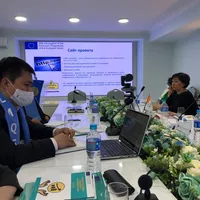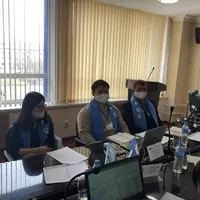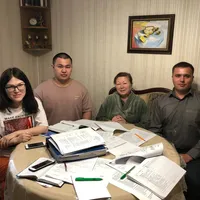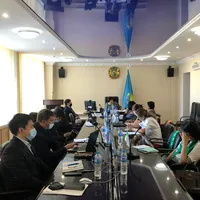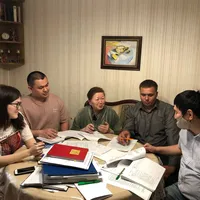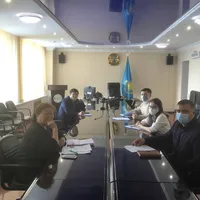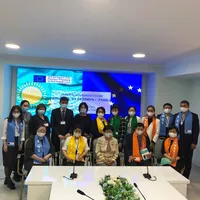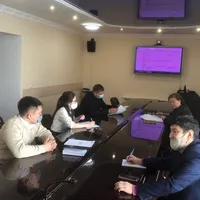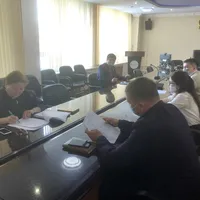LMQS

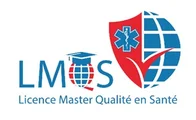
This project was co-financed by the Erasmus + Program of the European Union. This website reflects the views of the author only and the Commission cannot be held responsible for any use of the information contained therein.
Project number: 618860-EPP-1-2020-1-EL-EPPKA2-CBHE-JP LMQS
Project implementation dates: 15.01.2021– 14.01.2024
-
Professionalization of Bachelor's and Master's degrees in strategic management and risk management in healthcare within the framework of open and distance learning in Russia, Kazakhstan and Azerbaijan – LMQS
Project Description
Health safety, as well as the organization and quality management of the health system concern all countries. To cope with this, well-trained specialists in specific and adapted techniques are needed. Participating partner countries suffer from a shortage of qualified graduates (managers, doctors or representatives of any other profession involved in the quality system and health services).
Therefore, the need for university training of specialists in this field is very great. A staff capable of developing and conducting continuing professional education is also necessary for professionals to adapt to the latest developments in this constantly evolving field. The project meets these needs by developing training programs in the target areas.
To promote the development of health security, as well as the organization and management of health care quality by mobilizing engineering personnel to implement the necessary actions, offering academic and professional training programs capable of transferring the skills needed by medical structures/companies.
The created new programs will be fully or partially delivered remotely. The developed programs will meet the needs of companies /medical structures in need of specialists capable of improving health safety and managing the quality of medical care. The implementation of the project should/will be based on a broad interagency partnership to ensure the sustainability of the results.
The Ministries of Education and Health will support the project in the partner countries. They will ensure that the sustainability standards of the new training offer are met.
Professional organizations and medical structures will act as quarantines of professional points for the training of graduates.
The project is structural, the consortium includes 12 universities of Kazakhstan, Russia and Azerbaijan. The countries of the program are represented by universities in Greece, France and Romania. Partners in the consortium are the 7th City Hospital of Almaty, the Department of Nuclear Medicine of the National Cancer Center of Azerbaijan, the Center for Additional Education and Advanced Training of Romania, the Ministry of Education and Science and the Ministry of Health of the Republic of Kazakhstan.
This project is innovative due to its results-oriented approach, bringing together various organizations (public, private, ministries, universities, companies) to develop and implement new training programs expected by medical companies, in accordance with the CEC (EQF) and the Bologna Process. It is also the creation of professional bachelor's and master's degree programs offering modules for students and staff available on the Internet.
The aim and objective of the project
The aim of the project is to promote the development of health safety and quality management of health services, as well as the implementation of policies and strategic principles in Russia, Kazakhstan and Azerbaijan through the mobilization of personnel and training them in the practical application of necessary actions by offering higher education programs (academic programs) and vocational training programs capable of transferring the skills needed by medical structures/ companies.
Promote cooperation between the EU and relevant partner countries
To support the modernization, accessibility and internationalization of higher education in the relevant partner countries.
The target groups are the same in each of the 3 countries:
- students of initial training in the field of medicine;
- medical teachers,
- employees of medical organizations and ministries who wish to study throughout their lives.
The following institutions will be users and indirect beneficiaries for each of the 3 partner countries:
- universities;
- medical associations;
- State bodies: ministries of Health and Ministries of Education.
This project was co-funded by the Erasmus+ Program of the European Union. This website reflects the opinion of the author only, and the Commission cannot be held responsible for any use of the information contained therein
Composition of the project working group
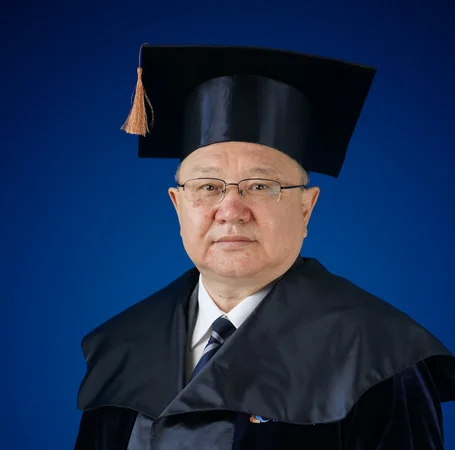
Syrlybayev Marat
K.E.N., Rector of Kokshetau University named after Sh.Ualikhanov,
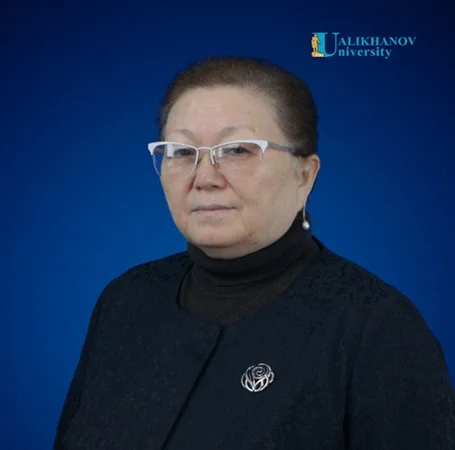
Svetlana Muratbekova
Dean of the Faculty of Medicine, MD, Professor,Local Project Coordinator
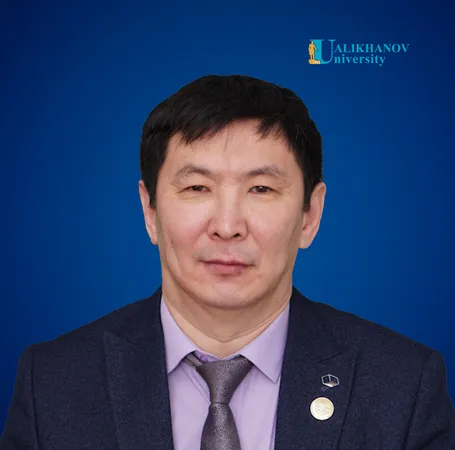
Anuarbek Kakabayev
PhD, Associate Professor, Advisor to the Rector on International Integrations, Project Administrator
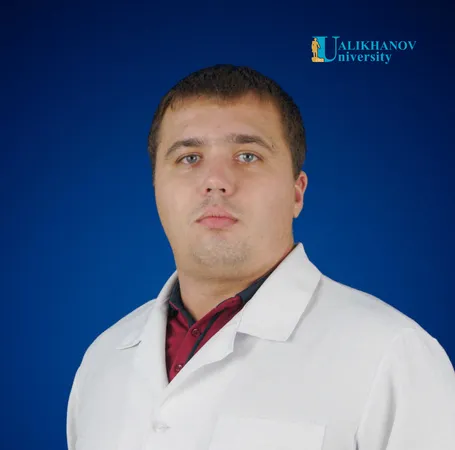
Yuri Lisitsyn
Master of Pedagogical Sciences, Lecturer of the Department of Morphology, Physiology and General Pathology,member of the working group
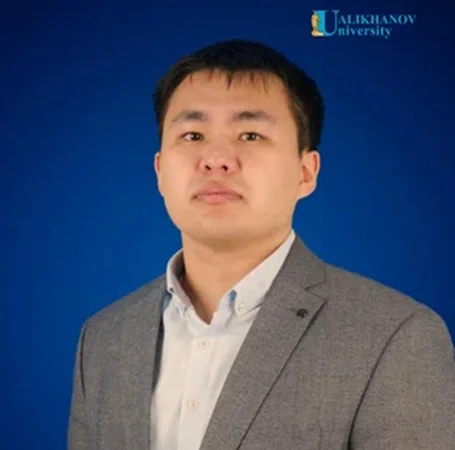
Nurymzhan Murzagulov
Master of Public Health, Lecturer of the Department of Morphology, Physiology and General Pathology
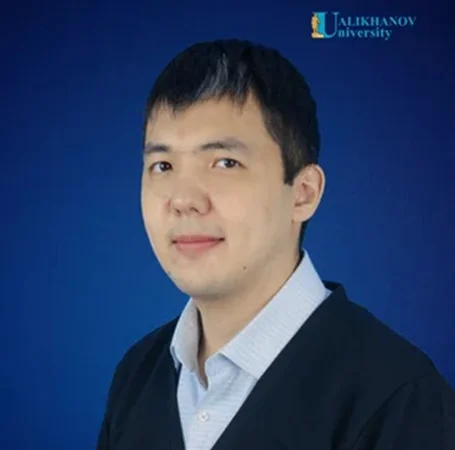
Наурызбай Смағұл
Lecturer at the Department of Morphology, Physiology and General Pathology, member of the working group
